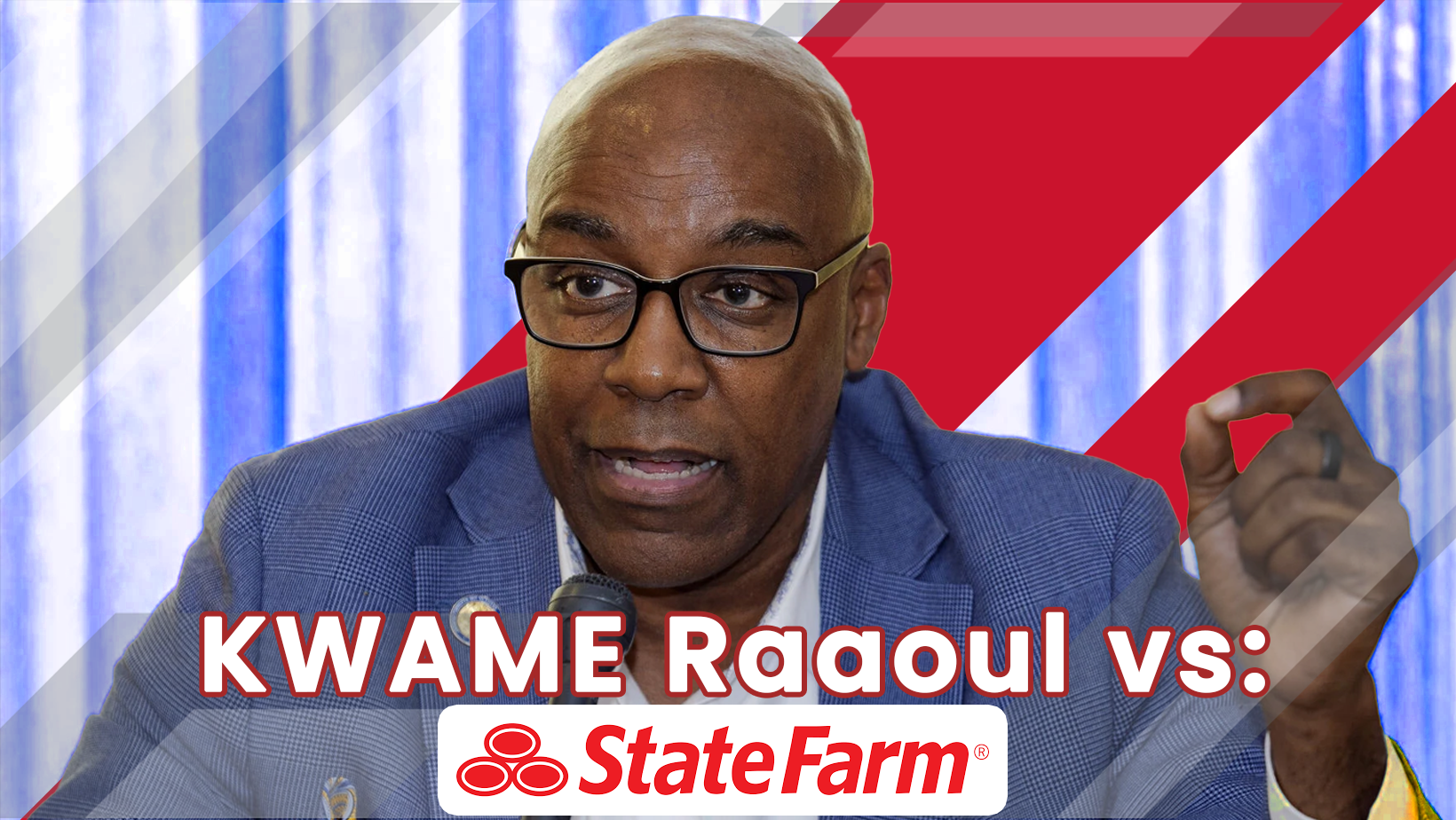Illinois AG Sues State Farm Over Refusal to Share Homeowners Insurance Data
When State Regulators Hit a Roadblock: The Raoul vs. State Farm Showdown
In October 2025, Illinois Attorney General Kwame Raoul filed suit against State Farm, accusing the insurer of stonewalling a regulatory probe by refusing to share national homeowner insurance data with the Illinois Department of Insurance (IDOI). The confrontation brings into sharp relief the tension between insurer data confidentiality and regulatory oversight.
The Backdrop: What Illinois Asked For (and Why)
Back in November 2024, the IDOI launched what it called a comprehensive review of State Farm’s homeowners insurance business. The department requested data at the ZIP-code level—nationwide—covering metrics such as:
-
Total premiums collected
-
Policy types and coverage limits
-
Claims frequency and volumes
-
Nonrenewal rates and underwriting adjustments
The goal? To assess whether Illinois homeowners are being treated equitably and to detect any patterns of unfair pricing or underwriting practices.
When State Farm declined to hand over much of that data—especially outside Illinois—the AG’s office responded with a lawsuit seeking a court order forcing compliance.
The Competing Arguments
State Farm has pushed back. It insists that it has complied with all applicable laws and supplied the necessary data for its Illinois rate filings. The insurer views the lawsuit as baseless and irrelevant to Illinois consumers or rates, pointing to jurisdictional limits on what the state can demand. At the same time, it maintains that it fully cooperates with regulators and remains committed to its Illinois policyholders.
On the other side, Raoul’s office argues that an insurer with its headquarters in Illinois should reasonably be subject to oversight that extends beyond state borders—especially when national data is needed to understand its enterprise risks and competitive behavior. The complaint alleges that State Farm’s obstruction:
“prevents the Department of Insurance from obtaining information to help make sure all Illinois homeowners are being treated fairly.”
— AG Kwame Raoul
This clash taps into broader questions about how far state regulators may reach in demanding data, and whether insurers must accept a higher transparency burden when their scale is national.
Why This Case Matters to Insurance Executives
For insurers and industry watchers, this dispute is more than a local skirmish. It signals potential shifts in how regulatory agencies might demand internal data, how much cross-jurisdictional power they can assert, and which firms can resist or be compelled to comply.
To help frame the stakes, here’s a quick contrast:
| Issue | Implication for Insurers |
|---|---|
| Jurisdictional reach | Insurer’s home state may try to oversee national business lines |
| Data privacy vs oversight | Tighter tension between internal confidentiality and public reporting |
| Regulatory leverage | Courts might grant subpoenas or injunctions forcing compliance |
| Precedent setting | Other states may replicate demands of national insurers |
If courts side with Raoul, insurers might have to rethink how data is stored, segmented, or withheld. If State Farm wins, it could reinforce limits on regulator reach.
Lessons from Other Disputes
This isn't the first time State Farm has faced legal challenges over data or disclosures. For example, the company has defended itself against class actions related to data breaches and alleged misuse of personal data. Likewise, the insurer faced a $250 million class action settlement over claims of political influence in Illinois that raised questions of corporate transparency and accountability. These precedents show how vulnerabilities in data governance or public trust can carry downstream legal and reputational risks.
What Regulators and Insurers Can Learn
-
Regulators may be emboldened to press for ever more granular data from large insurers
-
Insurers should proactively assess whether their data architecture can resist or accommodate such demands
-
Legal strategy now includes defending data scope requests, not just rate or underwriting decisions
-
Transparent communication with stakeholders—especially in states where demand is made—may reduce conflict
In the end, the Raoul vs. State Farm fight will test how much oversight is reasonable, how far regulatory power can extend, and where the line falls between necessary transparency and overreach. For industry leaders, it is a reminder that data strategy and regulatory strategy must go hand in hand.


